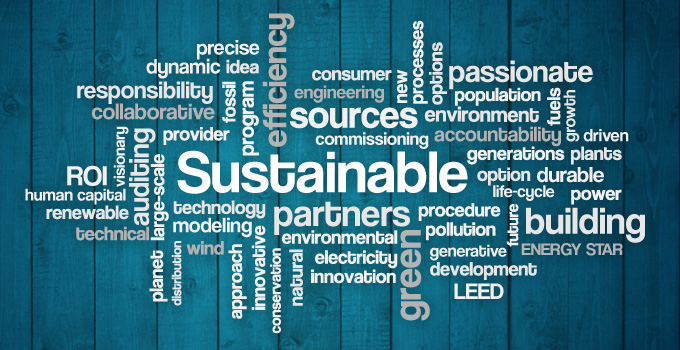
. Originally published on Businessweek.
Twenty-five years ago, sustainability was not a part of standard business discourse. Today it is—and business schools helped make that happen. But we’re reaching the natural limits of what B-schools started. Only a wave of innovation in management education will help businesses get fast enough to meet customers’ needs in a hotter, flatter, more crowded world.
The first step is to take sustainability out of its silo existence and make it part of the core business school curriculum. Sustainability can’t just be an orientation exercise, an elective course, an institute, or a specialty degree. It can’t be something that some students go deeply into, while some just get familiar with it.
Unfortunately, that’s where we are now. In management education, sustainability departments have produced lots of specialists. The knowledge those departments have accumulated should be brought into the mainstream to reach students who would never think about taking a sustainability course.
Every business school graduate knows enough about finance and accounting to be conversant on numbers, budgeting, and profit and loss—and able to apply that knowledge to routine decision-making. Today’s companies should expect managers to have the same fluency with environmental issues, making this part of the calculus when they size up problems and opportunities, price options, and make decisions.
Alcatel-Lucent (ALU), for example, is developing products and services that help customers meet carbon reduction goals, which becomes harder as exponentially more people use communications devices around the world. BASF (BAS:GR) insists that every employee—from the factory floor to a senior scientist office—have specific sustainability goals.
These examples are neither unusual nor extreme. MBAs who go through school thinking that concern for the environment is only for Whole Foods (WFM), Unilever (UL), and solar power companies are selling themselves and future employers short. Business schools with such views are selling their students short.
Wirtenberg teaches in the Bard College MBA in Sustainability and in a U.S. Chamber of Commerce executive program on applied sustainability. She is a former senior AT&T human resources executive, co-founder of Fairleigh Dickinson’s Institute for Sustainable Enterprise, and currently CEO of Transitioning to Green. Her latest book is Building a Culture for Sustainability: People, Planet, and Profits in a New Green Economy.



